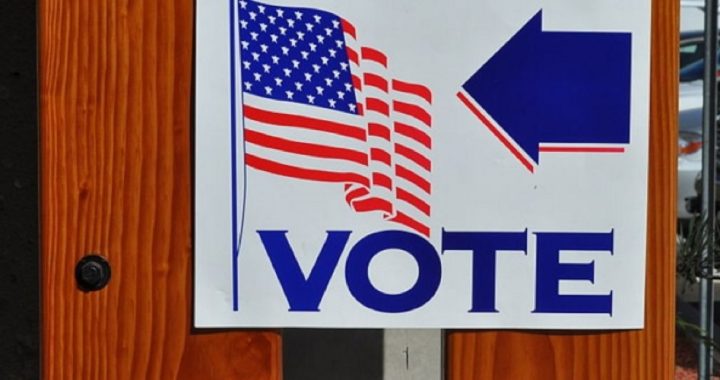
True the Vote announced research findings of evidence of 173 instances of alleged voter fraud by simultaneous voting in multiple states in the same elections on August 13. True the Vote compared data from voter registration databases plus voting history in Florida and Maryland. The criteria used to identify the individuals was full name, address, and date of birth and included a check of voting history to see if they voted in the same federal elections between 2006 and 2012.
States typically allow a voter to have more than one address, even in another state, associated with a voter registration. The voter might be a college student or be serving in the military. Some people have vacation homes and add them to their voter registrations because they might be on vacation during an election. Florida has large universities, numerous military bases, and many vacation homes owned by out-of-state property owners.
Even when an individual is registered to vote multiple times, it’s not necessarily wrongdoing by that person. It is possible the person moved and notified his local elections office and the local elections office accidentally failed to delete his registration from their database. It is also possible that a failure to delete the voter registration was deliberate and the obsolete voter registration will be kept on the books and secretly passed to a repeater to cast fraudulent ballots using the assumed name in future elections. It requires investigation by voting officials to make a determination in these cases.
In its press release True the Vote President Catherine Engelbrecht noted: “Last year Pew Research found that 2.75 million Americans were registered to vote in more than one state. We are unfortunately continuing to see the consequences of that startling statistic.” Of course, the vast majority of these do not have alternate addresses pointing directly to the duplicate registrations, but state governments have the computing power to find them without the pointers. All they need is the will to run the computerized comparisons. With most voter registration database systems getting peak workloads around election times and relatively quiet most of the year, the computers have ample idle time to run these comparisons.
This recent research by True the Vote has raised the bar by adding voting history, something that is not easily accomplished in many states. This research by True the Vote shows the problem is not just multiple voter registrations, but also multiple votes being cast. It will require investigations by voting officials, who have access to considerably more information in the voter registration databases and other resources, to determine which of these are false positives, which are accidental and which are evidence of electoral fraud. Only an investigation can make such determinations.
True the Vote has informed the U.S. Department of Justice, as well as state election authorities in Florida and Maryland of their findings and has requested investigations. The New American has contacted the Florida Secretary of State’s Office and the Maryland State Board of Elections. As of press time, the Florida Secretary of State’s Office has not yet responded. A spokeswoman for the Maryland State Board of Elections told The New American: “We have received the information and it’s under review.”



